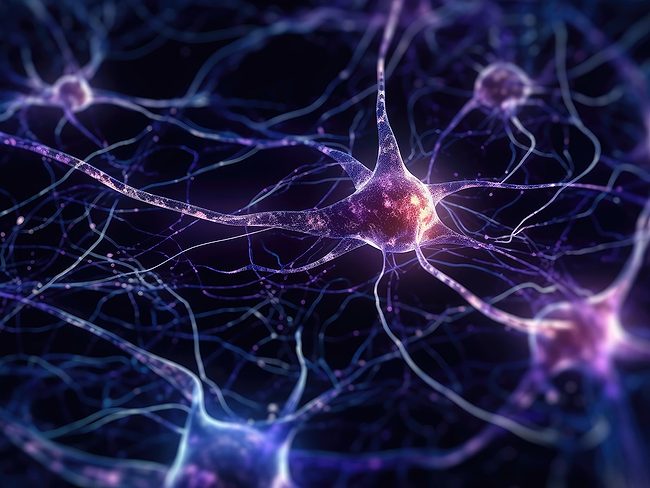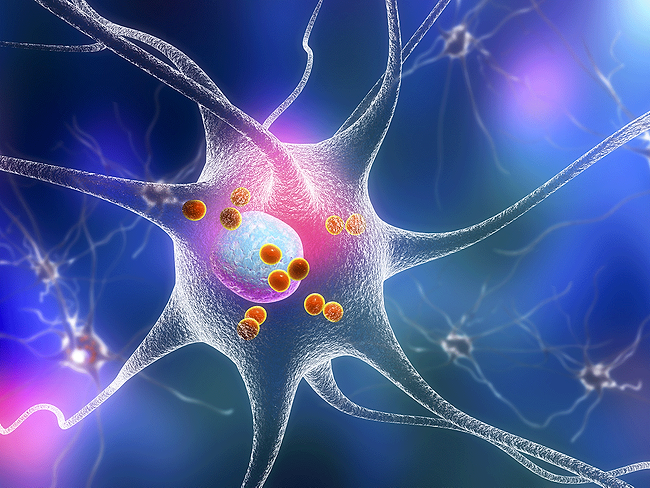
Neurology/psychiatric, BioWorld Science
Neurology/Psychiatric
Compound derived from sea anemones may help in drug-resistant epilepsy
Read MoreNeurology/Psychiatric
Rogdi(-/-) mouse recapitulates symptoms of Kohlschütter-Tönz syndrome
Read MoreNeurology/Psychiatric
Mainline Biosciences discovers new tachykinin NK1 receptor antagonists
Read MoreNeurology/Psychiatric



